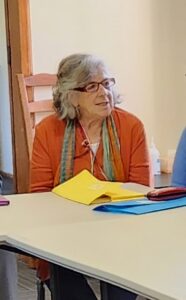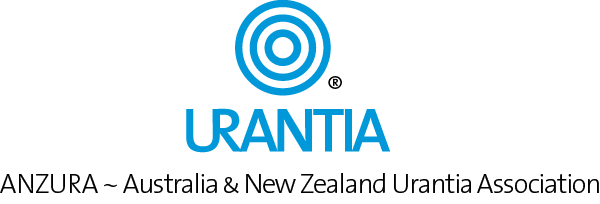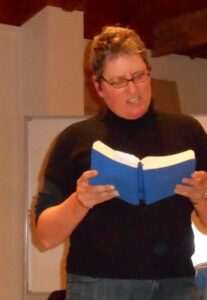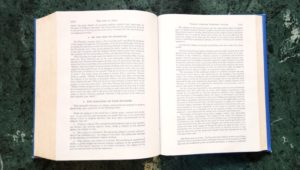
It’s one of those cold winter days and I appreciate being able to stay indoors, wrapped in warm clothes, listening to music, and having a hot cuppa handy while sending these greetings out to our members and friends.
In the study group I attend every Wednesday, we sometimes come across the term
‘the fear of the Lord’ while we remind ourselves of the teachings of the Master who introduced his God as the loving Father in heaven.
But… we know what the early believers meant when using the word ‘fear’ – it was to convey their feeling of awe and respect for the grandeur of the God of all creation.
The fear of the Lord is the beginning of wisdom: and the knowledge of the holy is understanding. (Proverbs 9:10)
When the Master taught that we should accept the Truth from wherever it showed up, he knew that we would have to refer to our experiences and wisdom gained. For us to recognize and discern the Truth-Beauty-Goodness content in any message or action takes some time of reflection. We don’t have to be quick in our assessment, but we do well to pace ourselves when sifting and sorting all information pouring into our lives every day to arrive at a conclusion.
Read More









